Benefits Of Spray Foam Insulation

Spray foam insulation is a versatile and high-performance insulation material that is widely used in residential and commercial properties due to its numerous benefits. Essentially, it is a mixture of two components, isocyanate, and polyol resin, that when combined, expand and harden into a foam-like substance. This compound effectively seals gaps and adheres to a variety of surfaces.
Before looking for Austin Texas's top source for spray foam insulation, you should first understand the importance of insulation in homes. It plays a crucial role in maintaining a comfortable and energy-efficient living environment. By effectively regulating the transfer of heat between indoor and outdoor spaces, insulation helps to maintain consistent temperatures, reduce energy consumption, and ultimately lower utility bills. Furthermore, insulation contributes to noise reduction, providing a more peaceful and quiet atmosphere within the building.
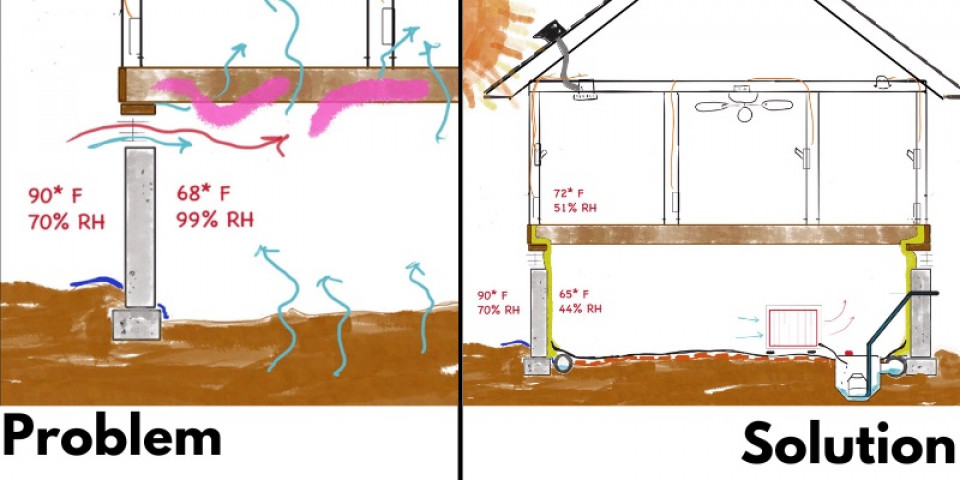
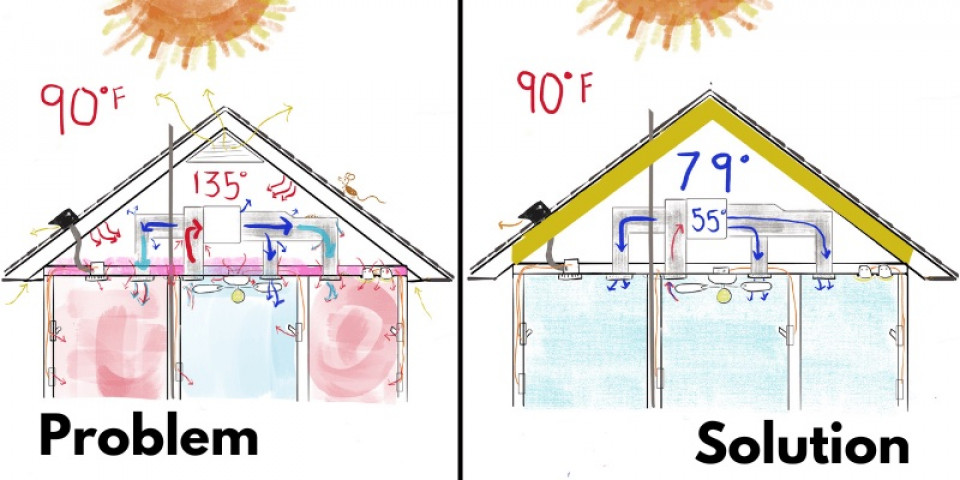
source : stellrr.com
Failing to invest in proper insulation can lead to several issues that may negatively impact the quality of life and the overall efficiency of a building. Inadequate insulation can result in temperature fluctuations, causing discomfort and an overreliance on heating and cooling systems. Such a scenario can lead to increased energy consumption and higher utility bills.
Insufficient insulation can exacerbate problems with moisture and condensation, potentially leading to mold growth, structural damage, and reduced indoor air quality. As such, incorporating spray foam insulation in your home is a wise investment, ensuring comfort, energy efficiency, and durability for years to come.
Types of Spray Foam Insulation
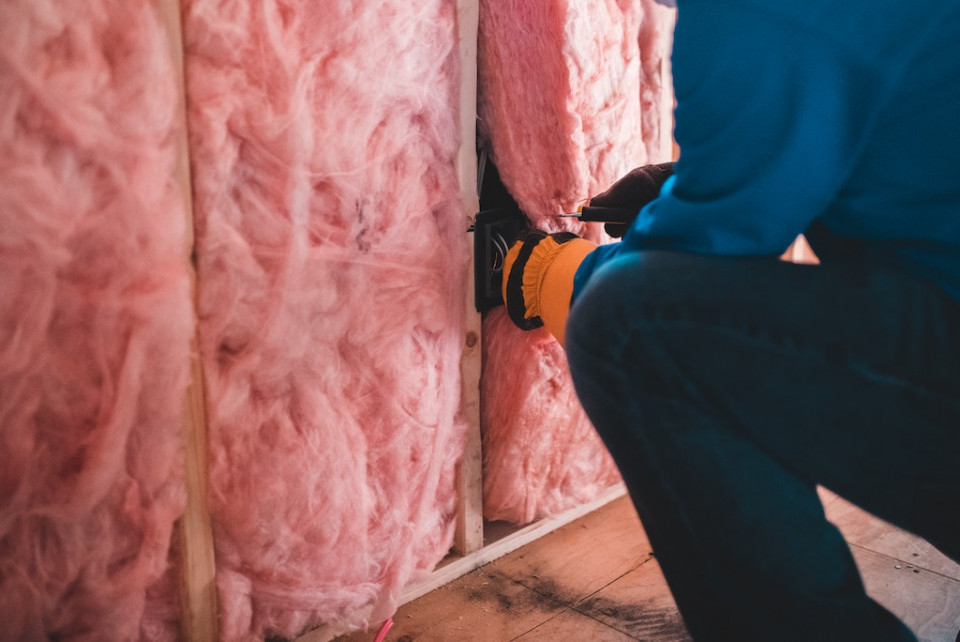
source : unsplash.com
Spray foam insulation comes in two main types, each offering distinct advantages and catering to different insulation requirements. By understanding their unique properties and applications, you can make informed decisions about which type of spray foam insulation best suits your needs:
Open-cell foam:
- Softer, more flexible, and less dense compared to closed-cell foam
- Expands to fill gaps and crevices effectively, providing excellent air sealing
- Provides excellent soundproofing properties, making it ideal for insulating interior walls and ceilings
- More permeable to moisture, but allows for better drying if moisture does enter
- Generally more affordable than closed-cell foam, making it a cost-effective choice for many applications
Closed-cell foam:
- Denser, more rigid, and offers a higher R-value per inch, typically around 6 to 7 per inch
- Acts as an effective vapor and moisture barrier, preventing water intrusion and offering added protection against mold growth
- Contributes to increased structural strength and stability when applied to walls and roofs
- Less effective at soundproofing compared to open-cell foam, but still provides a degree of noise reduction
- More expensive than open-cell foam, but its higher thermal resistance and moisture-blocking capabilities can justify the cost in specific applications, such as exterior walls and basements
What To Consider Before Selecting A Type Of Spray Foam Insulation
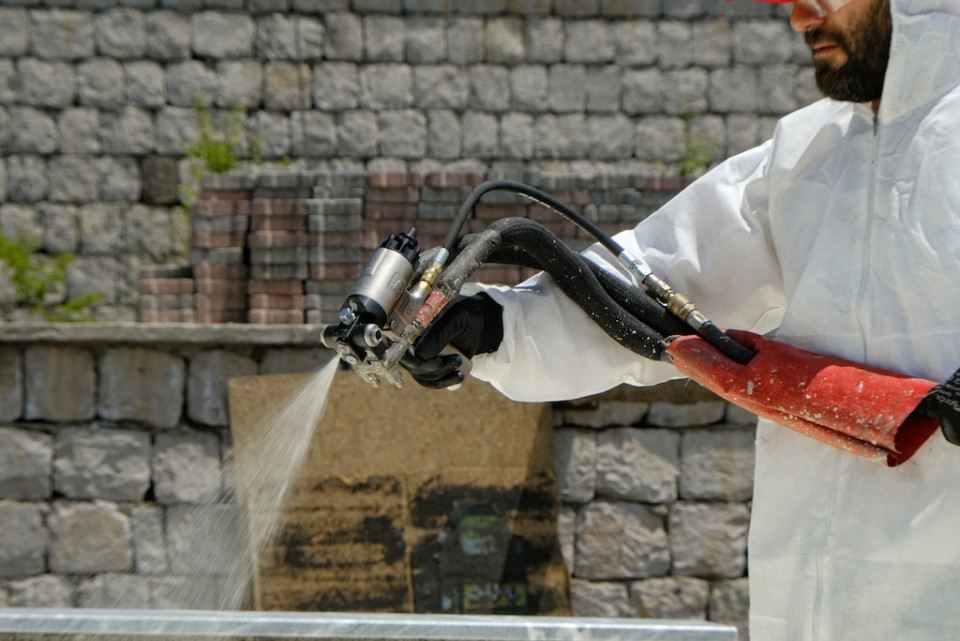
source : unsplash.com
When considering spray foam insulation, it's important to weigh the initial investment against the long-term energy savings that this insulation solution can provide. While the upfront cost of spray foam insulation may be higher than that of traditional insulation materials, such as fiberglass or cellulose, its superior performance and numerous benefits can lead to significant savings over time.
The initial investment in spray foam insulation depends on several factors, including the type of foam (open-cell or closed-cell), the size of the area to be insulated, and whether the installation is part of a new construction project or a retrofit. As mentioned, closed-cell foam is more expensive than open-cell foam due to its higher R-value and moisture barrier capabilities. However, it may be worth the additional cost in specific applications, such as exterior walls or basements, where its enhanced thermal resistance and moisture protection are particularly valuable.
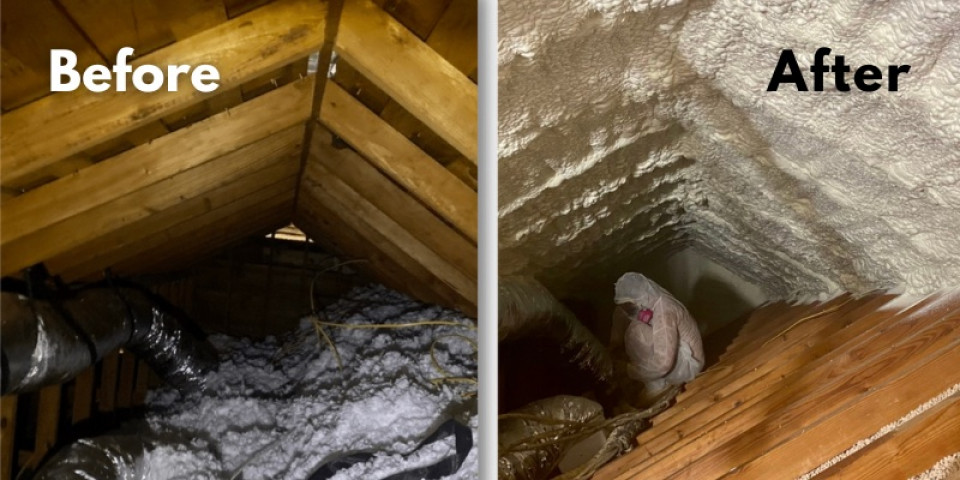
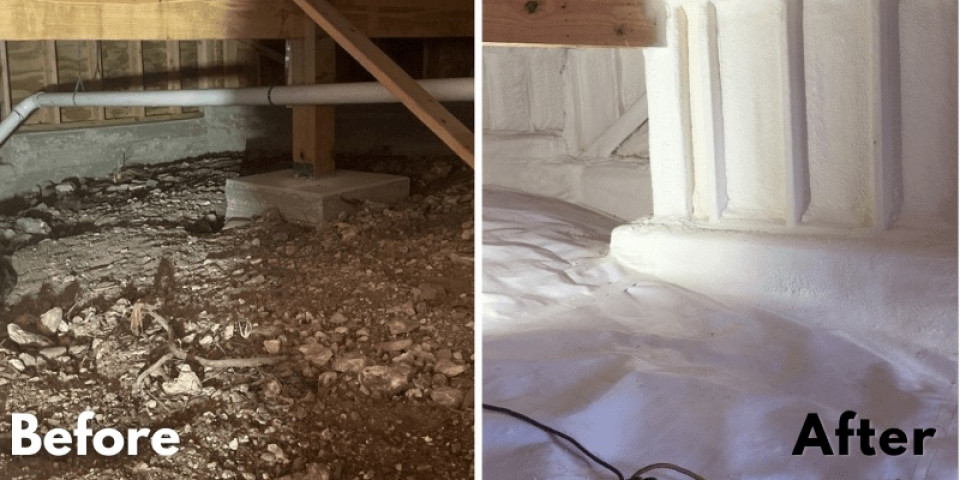
source : stellrr.com
In terms of long-term energy savings, the superior insulation performance of spray foam can lead to a noticeable reduction in heating and cooling costs. By effectively sealing gaps and preventing drafts, spray foam insulation helps maintain consistent indoor temperatures and reduces the strain on HVAC systems. As a result, you can experience significant energy savings over the lifespan of the insulation, often recouping the initial investment within a few years.
The enhanced durability and moisture protection offered by spray foam insulation can lead to savings on maintenance and repair costs, further contributing to its cost-effectiveness. The cost of maintenance of a house can be overwhelming. Working with durable spray foam insulation can ensure you protect a wide range of areas in your home, resulting in lower maintenance costs overall.

source : unsplash.com
Ultimately, while the upfront cost of spray foam insulation may be higher than that of other insulation options, its long-term energy savings, improved comfort, and reduced maintenance costs make it a smart and worthwhile investment for homeowners and contractors seeking a high-performance insulation solution.







